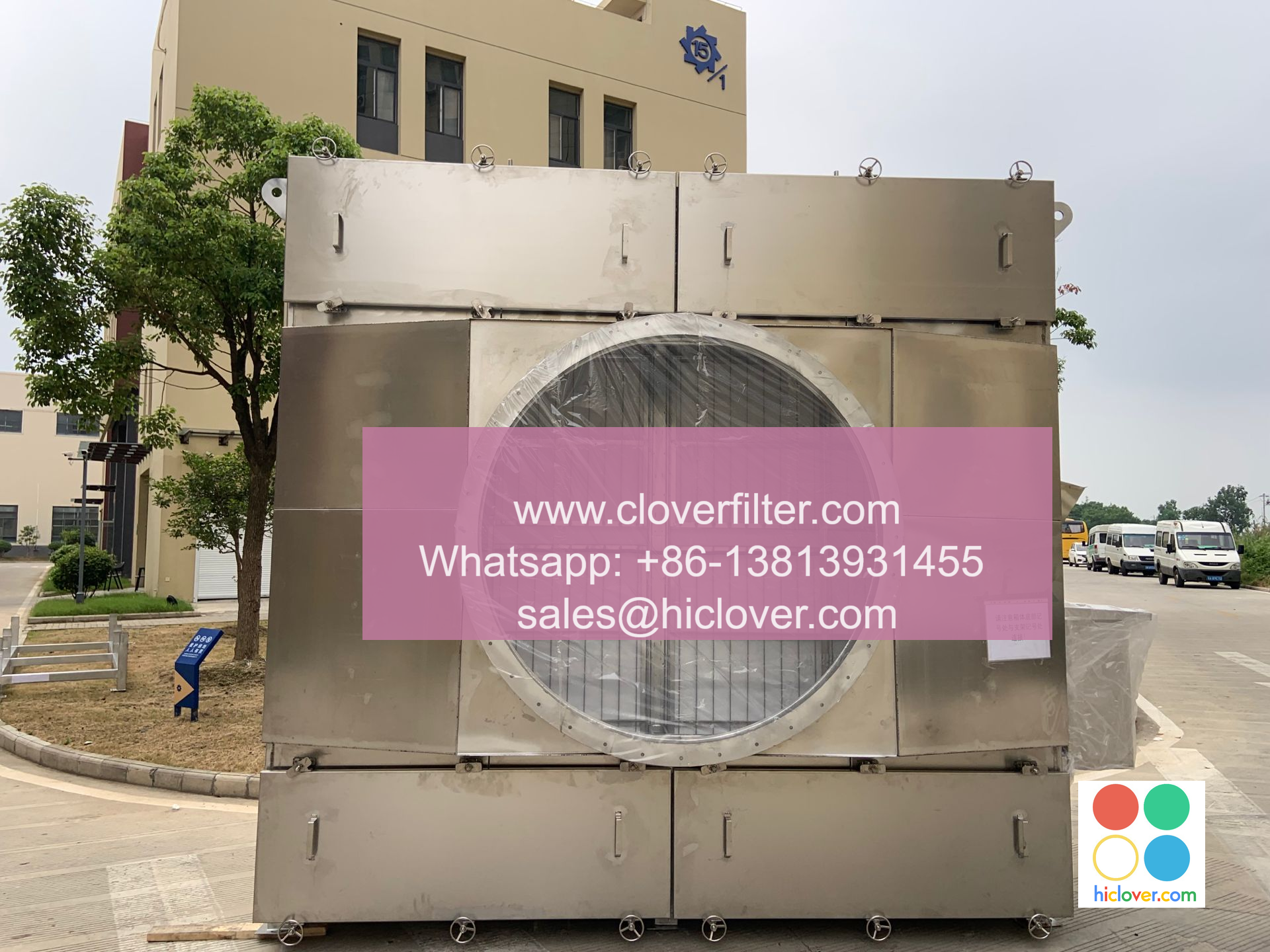Air Filter Regulations and Ethical Considerations

Air filter regulations and ethical considerations are crucial aspects of the air filtration industry, encompassing various application areas, including indoor air quality (IAQ), heating, ventilation, and air conditioning (HVAC) systems, and air pollution control. The regulations and ethical considerations surrounding air filters are designed to ensure the health and safety of individuals, while also protecting the environment and promoting sustainability.
Types of Air Filters and Their Applications
There are several types of air filters, each with its unique characteristics, advantages, and application areas. Some of the most common types of air filters include:
* HEPA (High Efficiency Particulate Air) filters, which are designed to capture 99.97% of particles as small as 0.3 microns, making them ideal for hospital and pharmaceutical applications.
* Activated carbon filters, which are used to remove odors, gases, and chemicals from the air, making them suitable for kitchen and industrial applications.
* UV (Ultraviolet) filters, which use ultraviolet light to kill bacteria, viruses, and other microorganisms, making them ideal for healthcare and food processing applications.
Air Filter Regulations and Standards
Air filter regulations and standards are established by various organizations, including the Environmental Protection Agency (EPA), the Occupational Safety and Health Administration (OSHA), and the American Society of Heating, Refrigerating, and Air-Conditioning Engineers (ASHRAE). These regulations and standards are designed to ensure the quality, safety, and efficacy of air filters, as well as their environmental impact.
Some of the key regulations and standards governing air filters include:
* ASHRAE Standard 52.2, which provides guidelines for the testing and rating of air filters.
* EPA’s Clean Air Act, which regulates the emission of air pollutants and sets standards for air quality.
* OSHA’s Respiratory Protection Standard, which requires employers to provide respiratory protection to employees who work in hazardous environments.
Ethical Considerations in Air Filter Manufacturing and Use
The manufacturing and use of air filters raise several ethical considerations, including:
* Environmental sustainability: The production and disposal of air filters can have a significant environmental impact, including the use of energy, water, and raw materials.
* Health and safety: Air filters can pose health risks if they are not properly maintained or replaced, including the spread of diseases and the exposure to pollutants.
* Social responsibility: The manufacture and use of air filters can have social implications, including the impact on local communities and the influence on public health policy.
Conclusion
In conclusion, air filter regulations and ethical considerations are critical aspects of the air filtration industry, encompassing various application areas, including indoor air quality, heating, ventilation, and air conditioning systems, and air pollution control. The regulations and ethical considerations surrounding air filters are designed to ensure the health and safety of individuals, while also protecting the environment and promoting sustainability. By understanding these regulations and ethical considerations, individuals and organizations can make informed decisions about the manufacture and use of air filters, and contribute to a healthier and more sustainable environment. You haven’t asked a question or provided any context. Please provide more information or ask a specific question so I can assist you.

